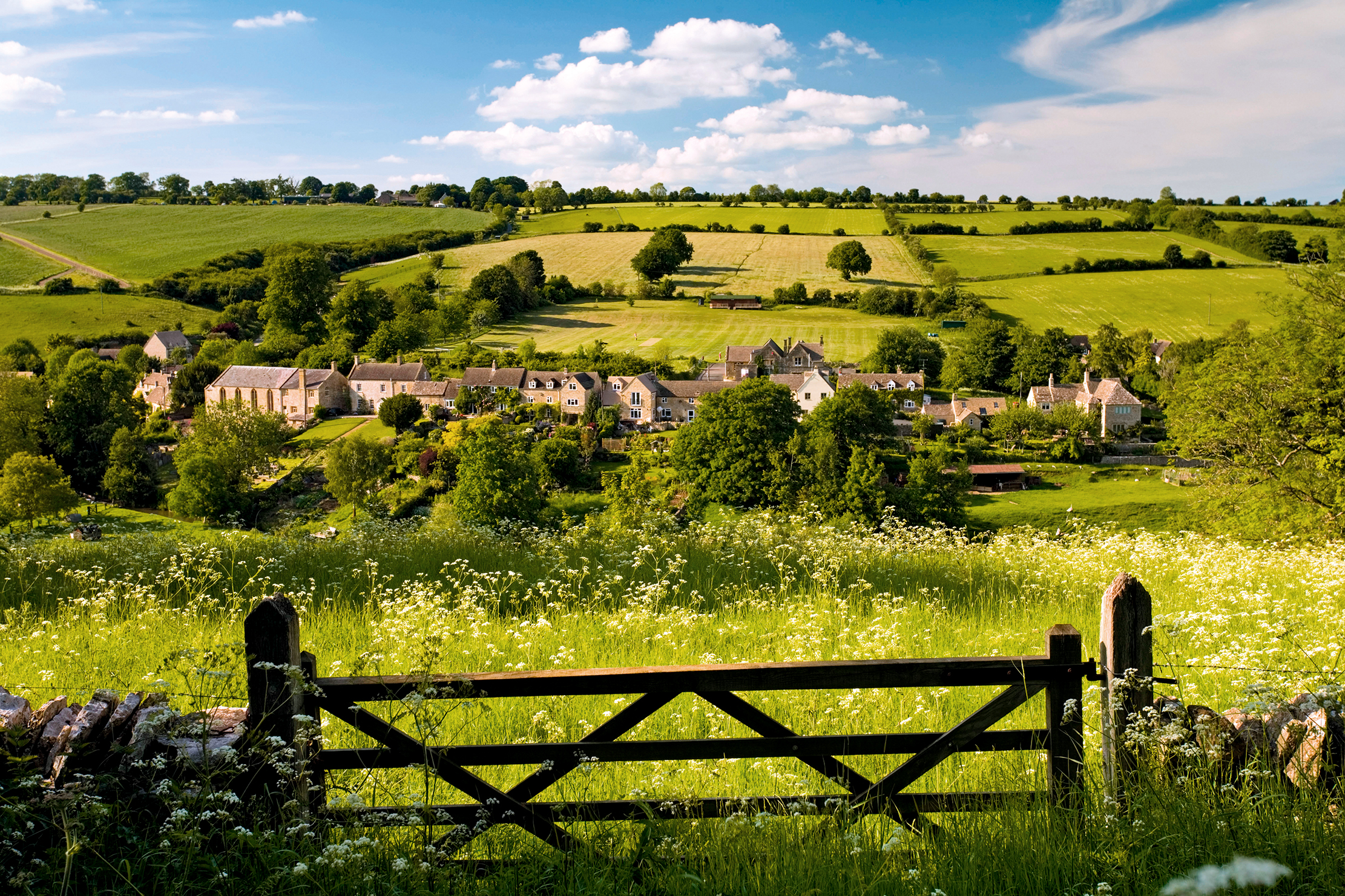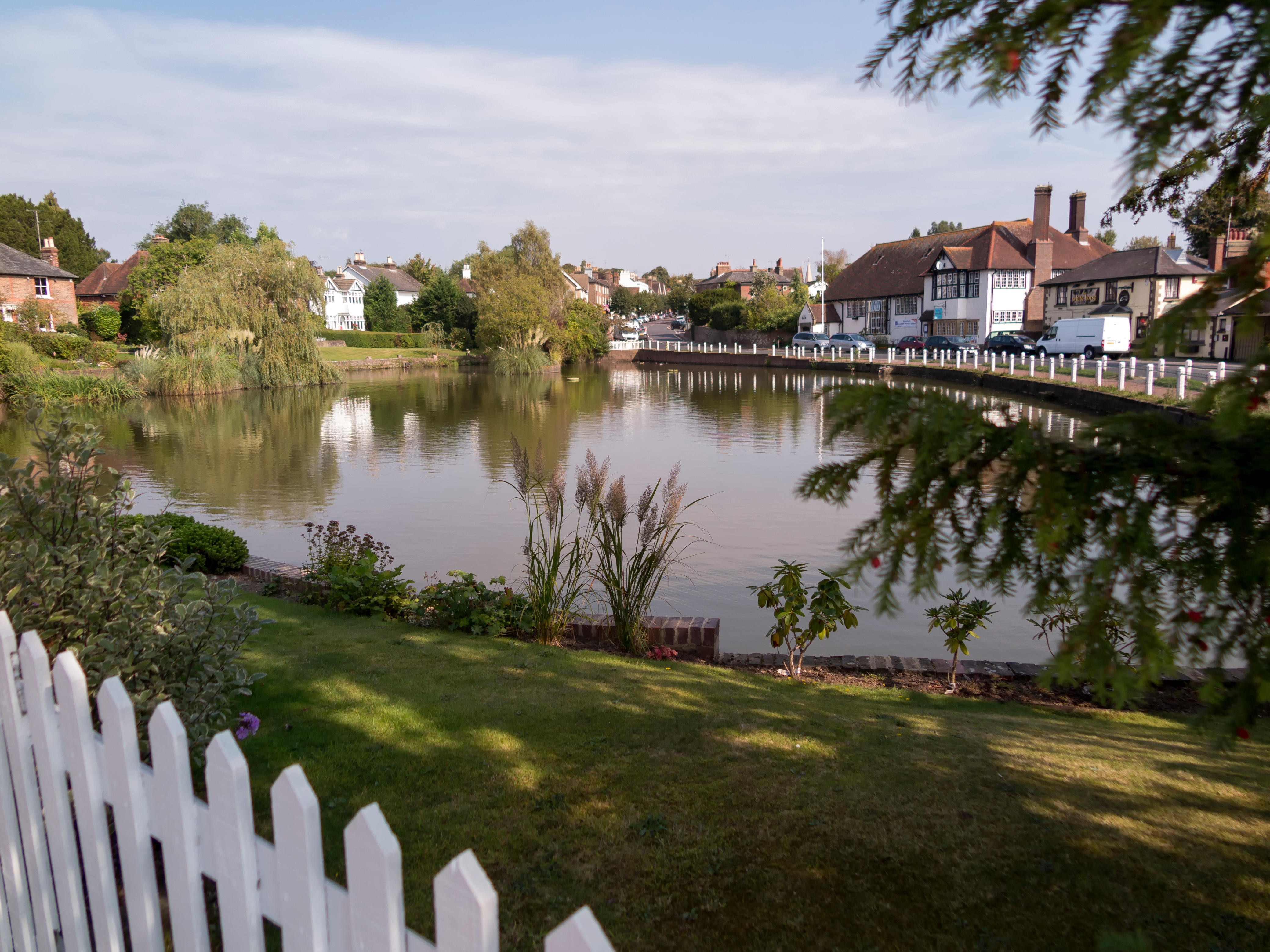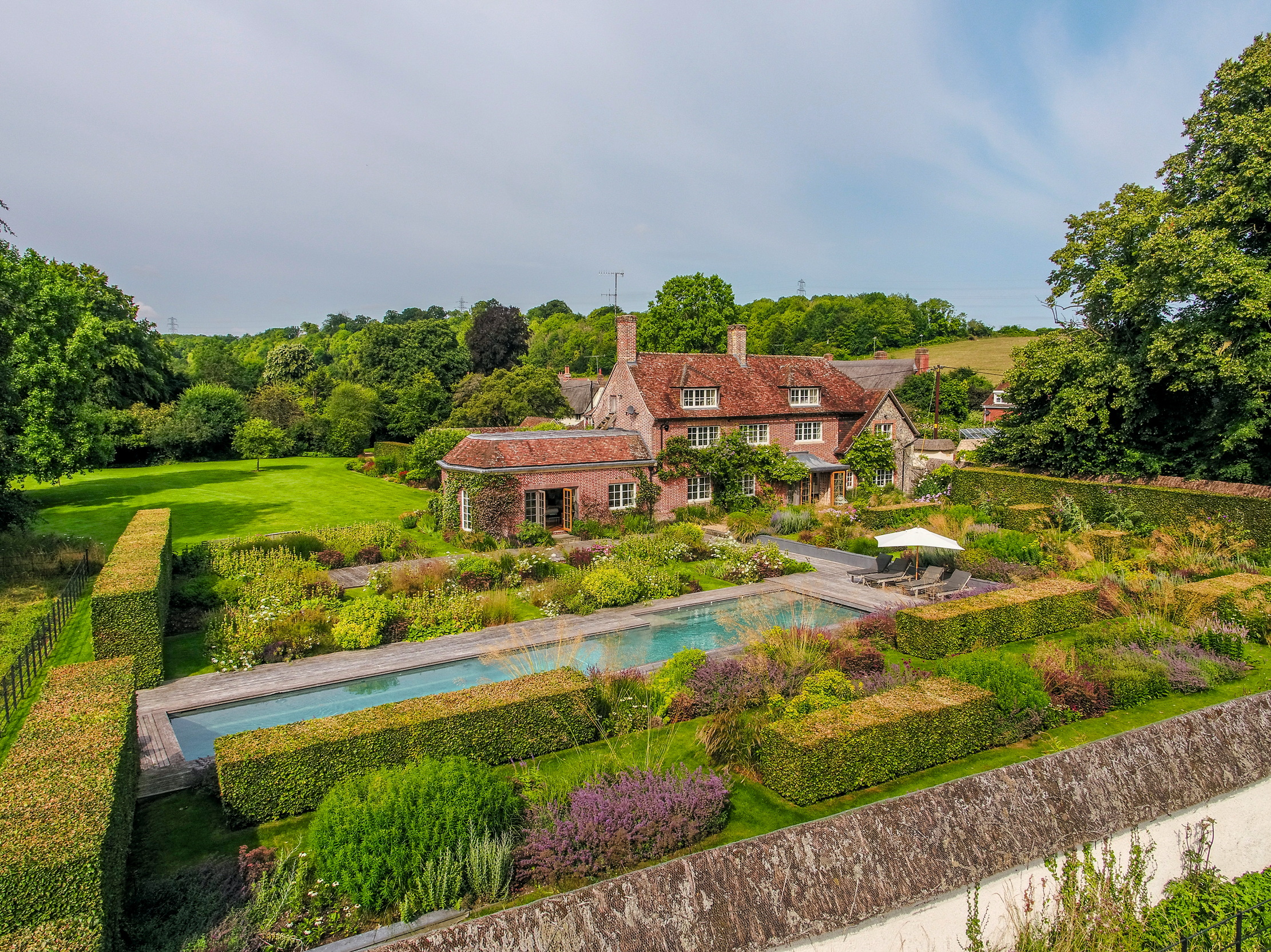'2020 will be seen as the year that the five-day-a-week commute died'
In the special issue of September 2, Country Life looks at why, how and where to move to the country. Editor Mark Hedges lays out in this article why and how things are changing — and how what comes next will have the power to transform rural communities in ways not seen in our lifetimes.


The British countryside, as championed by Ruskin, Morris and Gilpin, has been enticing us back since the rise of mechanical industry forced men to leave their agrarian jobs for the satanic mills of the great cities. Technology has a habit of changing everything beyond recognition and, from the moment Jethro Tull perfected his seed drill 320 years ago, farming needed fewer people. Half a century later, the Industrial Revolution began and, thanks to the energy released from the great seams of coal that lay under our fields, Britain became the world’s powerhouse.
We never lost our love of the countryside, however. Affection for open spaces, flora and fauna is buried deeper in a Briton’s DNA than it is in that of our Continental neighbours, many of whom see the countryside as little more than a source of food. For us, it’s a refuge from the hubbub of urban life and, for centuries, our greatest artists, authors and poets, from Turner and Constable to Wordsworth and Hardy, have celebrated the staggering beauty of our natural surroundings.
"If you wanted to see a green field, the compromise was to spend more than £5,000 on a season ticket and jump on the 7.03"
The advent of the steam locomotive pruned many rural communities, but it was the automobile that stripped them bare. When Edward Hudson launched Country Life in 1897, he saw that the car would transform our relationship with the countryside, opening up pleasures that were previously the preserve of those lucky enough to make their living there.
Thus began the great commute, which promised the best of both worlds, but increasingly failed to deliver. In the 30 years I have travelled to work by car and train, the length of the journey grew to more than four hours a day. It was what you did; the offices were in the cities and, if you wanted to see a green field, the compromise was to spend more than £5,000 on a season ticket and jump on the 7.03 every morning.
Earlier this year, everything changed when Covid-19 made it impossible to reach our places of work. Thanks to another kind of technology — this time broadband — many of us discovered that the daily commute wasn’t as vital as we previously thought.
The year 2020 will be seen as the age that the five-day-a-week commute died. Many companies are pondering the value of half-empty offices and employees are questioning the need to travel to them when they can achieve so much at home — with the advantage of more time with their families into the bargain.
"Time and money once invested in a tortuous commute will be channelled back into rural communities"
The benefit will not only be to the weary commuter. The countryside will gain, too — and not merely from less traffic. Before the Industrial Revolution, villages thrived because they were places where people both lived and made their living.
Exquisite houses, the beauty of Nature, and how to get the most from your life, straight to your inbox.
Thanks to the digital revolution, the energy that was lost is being returned. Time and money once invested in a tortuous commute will be channelled back into rural communities, many of which had become dormitories or beyond the reach of a new generation of families.
As well as the benefit to shops, food producers, pubs, schools and local services, there will be a significant human benefit, too. Time once spent travelling will be invested in community projects or simply stopping to pass the time of day, rather than rushing to catch the 7.03.
Country Life's issue of 2 September 2020 is a very special issue, covering everything from the best places to live if you need to do an occasional commute, through to a look at what people will need to know if they're moving to a village. It's available in shops now, or you can buy the issue online here.

50 best places to live near London
The indispensable guide for getting into the country without ending up out of touch with the town.

Credit: Strutt and Parker
Best country houses for sale this week
An irresistible West Country cottage and a magnificent Cumbrian country house make our pick of the finest country houses for
Mark grew up in the Cotswolds and began his career as a gold prospector. He became editor-in-chief of Country Life in 2006, having previously been in charge of more than 50 magazines, including Horse & Hound. He attributes his success to David Bowie and fly-fishing.

